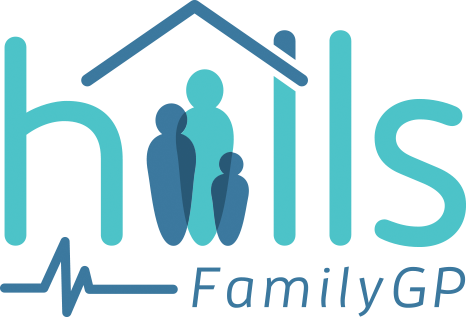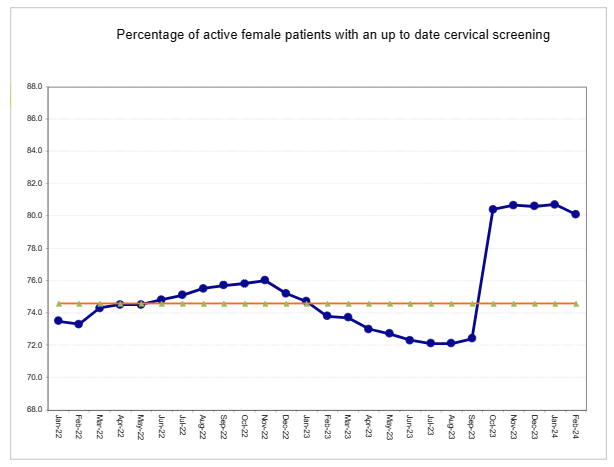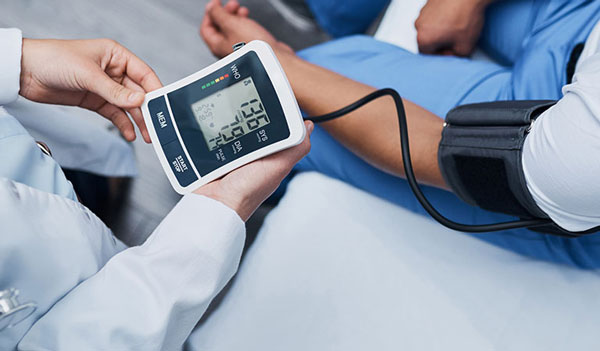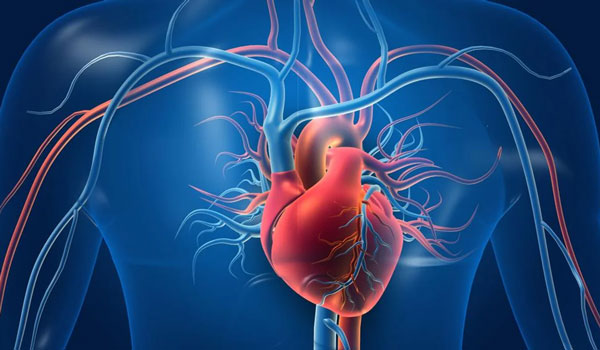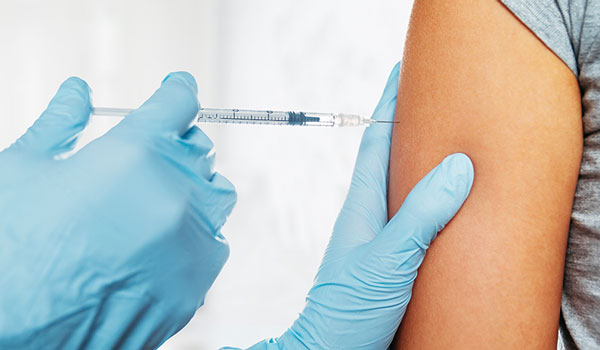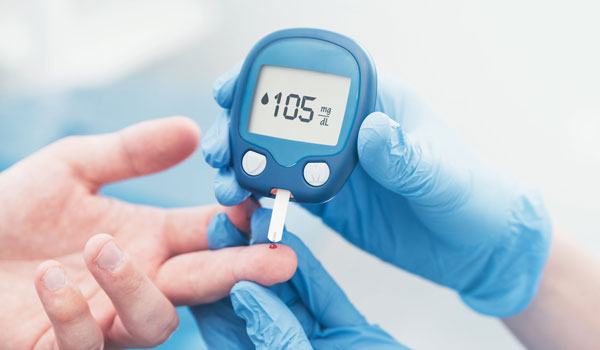Preventive medicine is the practice of promoting preventive health care to improve patient well-being. The goal is to ultimately prevent disease, disability, and death.
Click on the graphs to enlarge them.
Cervical Screening
Cervical screening (previously known as PAP smears) is one of the most important preventative health measures women can undertake. Cervical cancer is one of the very few cancers that can be prevented, picked up, and treated with cell changes long before it becomes cancer. The current test screens for certain strains of HPV infection which is highly associated with abnormal and pre-cancer cell changes on the cervix. It is important that as many women as possible remain up to date with screening. That is why we send you reminders to come in and have a screening test. You can help us by letting us know if you have had a screening test elsewhere so that we can keep your record up to date. There is now even a test women can do themselves if you do not want a doctor to do it. However, please discuss this with your GP as there are Medicare restrictions for this test.
Weight management
It is well known that being overweight is a risk factor for many illnesses that can affect quality of life. This includes diabetes, heart disease, high blood pressure, arthritis, and many more. Although controlling weight is hard work, it is an important preventative health measure. We at Hills Family General Practice feel that conversations around weight and body mass index (BMI) are an important part of the relationships we have with our patients. These conversations often start by measuring and recording BMI.
This graph shows that we have measured and recorded BMI in only 47% of our patients. We know we have a lot of work to do to improve this, and we are setting up strategies to do so. You may notice some scales in the corridors near the consult rooms- please feel free to use them. You may be asked by Bella, our nurses and GPs to record your weight and height. We need your help to improve on this, and would appreciate your feedback.
Smoking and Alcohol cessation
It is well known that reducing alcohol intake and stopping smoking are also very important preventative health measures that anyone can take. This is especially so if you have other risk factors for ill health such as diabetes, blood pressure, being overweight, high cholesterol, or a family history. While fewer Australians are drinking at levels that contribute to alcohol-related harm, about 26% of people drink more than is recommended on a single occasion, and they do this at least once each month. In Australia, smoking continues to be the behavioural risk factor responsible for the highest levels of preventable disease and premature death.
We are committed to helping you improve and maintain your health. That is why we track and measure the percentage of patients on whom we have recorded smoking and alcohol intake. We know we can do much better. That is why we also ask you to complete a lifestyle and family history questionnaire at least once a year, so that we can make sure the information we have about you is up to date and accurate. Please feel free to ask for, or download one of these if you haven’t completed one in the last 12 months. We are happy to discuss and help you with these risk factors whenever you are ready.
Cardiovascular Risk
Cardiovascular disease (CVD) is a significant cause of illness and death in our society. In people with no history of CVD, there are many risk factors that can increase the risk of developing heart disease. These include blood pressure, cholesterol levels (LDL and HDL), age, gender, family history, smoking, and diabetes. The risk increases with age, and can be calculated and stratified into low, intermediate, and high risk if we know all of this information about you. We track and measure the percentage of patients between 45 and 74 years of age in whom we have information to enable us to calculate this risk. This is important as we can use this information to help and guide you make lifestyle changes that can reduce your risk and keep you healthy. It also helps us to advise when and whether or not you need any medications, all in the hope of preventing cardiovascular disease. Please discuss this with your GP or nurse when you come in if you have any questions, and please do let us know if you have had blood tests or check ups elsewhere so that we can keep your records up to date.
Quality Improvement at HFGP
Our Quality Improvement Strategy
Our Strategy One of the fundamentals of quality and safety in healthcare is to embed a strategy for continuous quality improvement and to never stop trying to become better. As part of our service, accountability and commitment to you, we believe that we should continuously look to improve and [...]
QI Dashboard
This page displays a summary of the measures in our quality improvement efforts. Please refer to the specific sections for more detail. We prefer to use “run charts” to display this information, as it is the best way to display change over time and to best identify efforts that [...]
Prevention
Preventive medicine is the practice of promoting preventive health care to improve patient well-being. The goal is to ultimately prevent disease, disability, and death. Click on the graphs to enlarge them. Cervical Screening Cervical screening (previously known as PAP smears) is one of the most [...]
Coronary Heart Disease (CHD)
People with heart disease require extra care to prevent more cardiac events, illness and death. Click on the graphs to enlarge. Heart disease, and specifically ischaemic (or coronary artery) disease, is an important and common cause of death and disability in Australia. If you [...]
Vaccinations
Vaccines are as important to your overall health as diet and exercise. When you skip vaccines, you leave yourself vulnerable to illness. Click on the graphs to enlarge them. Childhood Vaccinations Childhood vaccinations are a crucial measure in preventing debilitating and potentially life threatening infections. [...]
Managing Diabetes at HFGP
Diabetes care is complex, and there are many things we can measure that help us determine effectiveness of care. Click on the graphs to enlarge them. If you are living with diabetes, controlling your blood sugar is very important to prevent complications such as [...]
